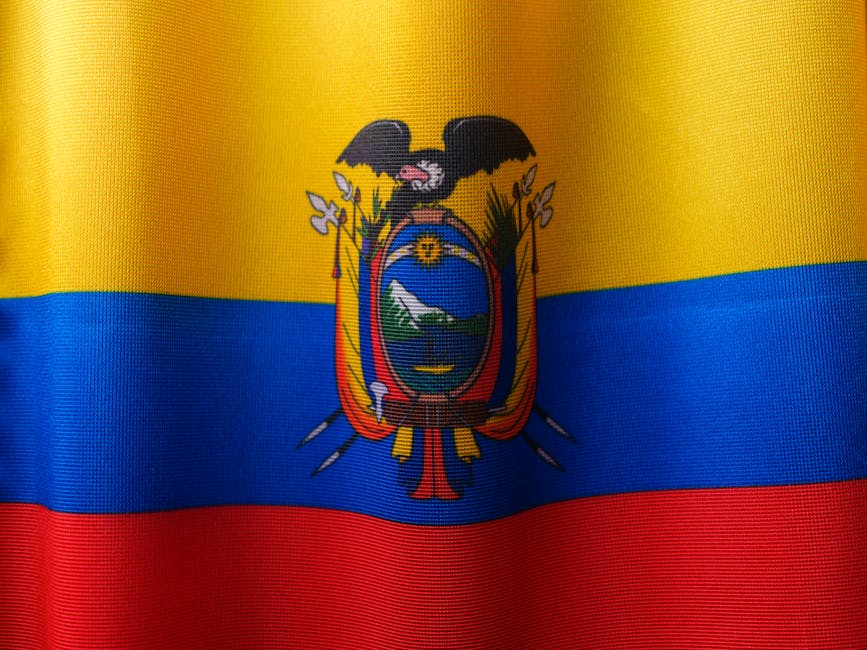Political violence, encompassing a wide spectrum of acts from protests and riots to civil wars and genocides, is a pervasive yet unevenly distributed phenomenon. Some nations seem perpetually plagued by such conflicts, while others remain remarkably stable. Understanding the intricate web of factors driving these variations is crucial for developing effective strategies to prevent and mitigate political violence. This article delves into a multifaceted examination of the key determinants behind this disparity.
A crucial initial observation is the significant heterogeneity in political violence experiences across the globe. While some countries may only witness isolated acts of unrest, others descend into sustained and devastating conflicts. This uneven distribution suggests that a single, monolithic explanation is insufficient. Rather, a complex interplay of factors, operating at various levels from the individual to the international contributes to the varying incidence of political violence.
A critical element in this analysis is the concept of state capacity. A state’s ability to effectively provide public services, enforce the law, and maintain order is profoundly linked to its vulnerability to political violence. Weak or failing states, characterized by corruption, lack of accountability, and ineffective institutions, are more susceptible to challenges and conflicts. The inability to address grievances, enforce contracts, and ensure equal access to resources can foster widespread discontent, potentially escalating into violent confrontations. Furthermore, weak state capacity often intersects with historical legacies of colonialism, ethnic divisions, and economic inequality, creating a particularly potent breeding ground for unrest.
Economic conditions represent another potent catalyst for political violence. Extreme poverty, high unemployment, and unequal distribution of wealth can incite resentment and desperation among large segments of the population. Economic hardship can destabilize existing social structures and create fertile ground for extremist ideologies to take root. Furthermore, economic crises can amplify existing social tensions and create a sense of hopelessness that fuels violence. Studies consistently highlight the correlation between economic inequality and the propensity for political unrest. Furthermore, a rapidly evolving economy with significant job displacement can also lead to frustration and violence.
An essential factor in understanding political violence is the role of identity politics. Ethnic, religious, and linguistic divisions often serve as fault lines along which conflicts emerge. When these divisions are exacerbated by political manipulation or historical grievances, they can easily escalate into violent clashes. The framing of certain groups as “outsiders” or “enemies” can create a climate of fear and hostility, making violent conflict a more likely outcome. The manipulation of identity politics by political elites for personal gain or to maintain power is a significant contributing factor in many conflicts.
Furthermore, the role of international factors should not be underestimated. The presence of external actors, including powerful nations with vested interests or neighbouring states with aggressive policies, can significantly influence the dynamics of internal conflicts. International interventions, whether direct or indirect, often have unintended consequences, exacerbating existing tensions and potentially fueling a cycle of violence. The history of foreign interference in the internal affairs of various nations demonstrates that external pressures can be a critical determinant.
Finally, the interplay of political institutions and the nature of political participation plays a crucial role in shaping the likelihood of political violence. Countries with authoritarian regimes, characterized by restrictions on freedom of speech and assembly, often experience periodic outbursts of violence as an expression of dissent. Similarly, the absence of channels for peaceful political expression can create a vacuum filled with resentment and violence. A robust and inclusive political system that allows for the expression of diverse viewpoints and grievances serves as a critical buffer against violent extremism. Free and fair elections, coupled with independent judiciary, are vital in ensuring a peaceful political environment.
In conclusion, a multifaceted approach is required to understand why certain countries experience more political violence than others. A comprehensive analysis needs to consider the interplay of state capacity, economic conditions, identity politics, international influences, and the nature of political institutions. Addressing the root causes of these conflicts requires a concerted effort to foster inclusive governance, create economic opportunities for all citizens, address historical grievances, and promote peaceful conflict resolution. Understanding these complex interactions is not just an academic exercise; it is an essential step towards preventing and mitigating the devastating consequences of political violence worldwide.












